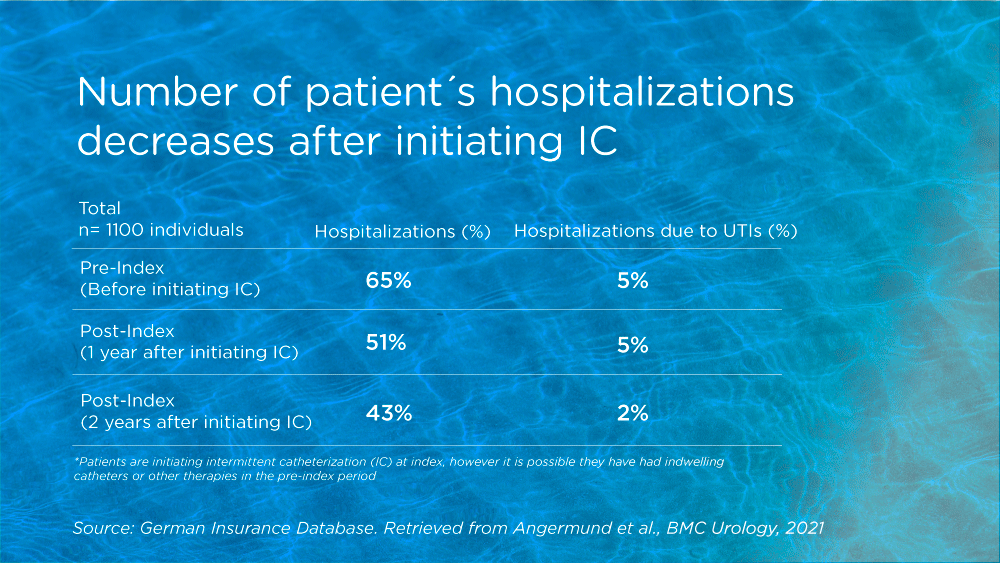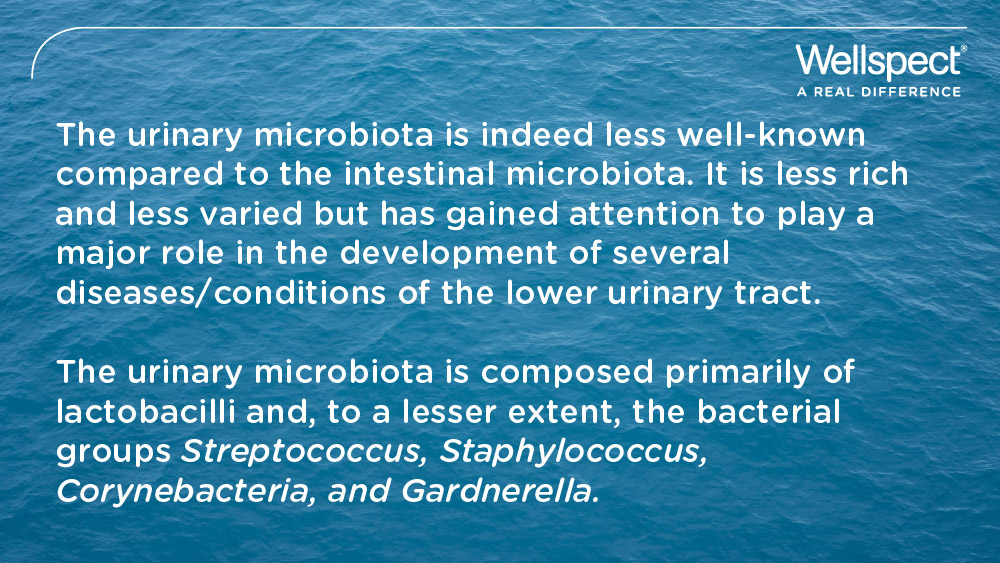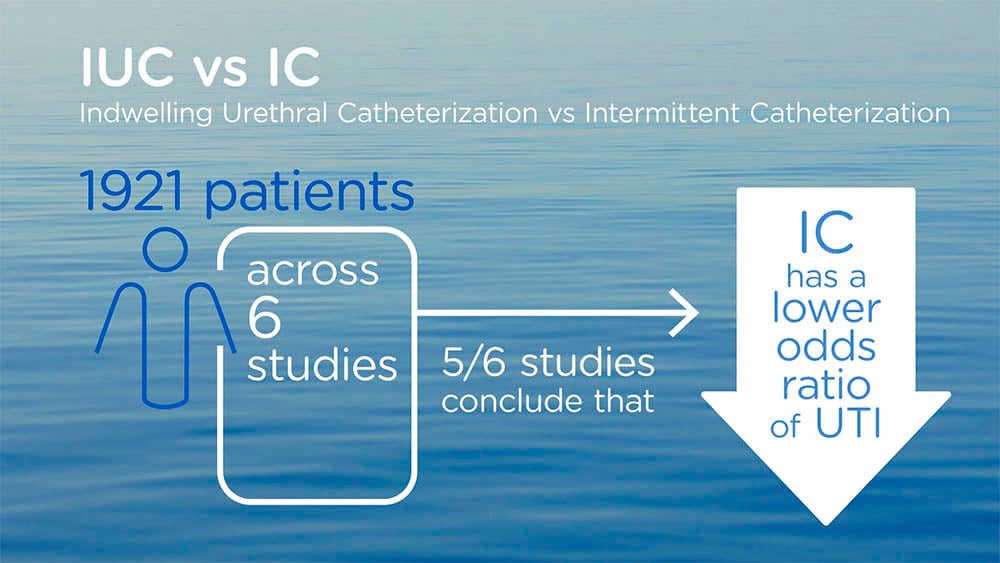Wellspect supports evidence-based research and practice in the field of continence care, and sponsors the annual ESPUN study grant. Tinne Van Aggelpoel is the latest winner, and for World Toilet Day, we present the outcome of her study in the field of pediactric bladder and bowel management.
Read MoreTopics: Bladder management, European Society for Paediatric Urology (ESPU), Study grant, WorldToiletDay
Studies on intermittent catheterization (IC) with larger samples sizes are rare and this study provides real-world evidence on IC use, which may be used to derive recommendations for improvement of care. This is among the first publications of a 3-year observation period including time before and after initial IC.
Read MoreTopics: Urinary Tract Infection (UTI), Bladder management, Health Economy, Intermittent Catheterization
Information about the urinary microbiota is likely to modify the diagnosis, prevention and treatment of urinary disorders. This review highlights the role of urinary microbiota in development of several lower urinary tract (LUT) functional disorders.
Read MoreTopics: Bladder management, Bladder dysfunction, Lower Urinary Tract Symptoms
Given the great variability in the definitions used to diagnose Urinary Tract Infection (UTI), this review will aid in providing an overview of the joint clinical evidence between the different bladder management methods with regard to UTI risk.
Read MoreTopics: Urinary Tract Infection (UTI), Catheter-associated UTI (CAUTI), Bladder management, Intermittent Catheterization
We are all human beings but let’s face it, our anatomy is not the same. Men and women experience gender-specific challenges when it comes to urological complications and there are differences that need to be taken into account when addressing these problems.
Read MoreTopics: Science Alert, Bladder management







